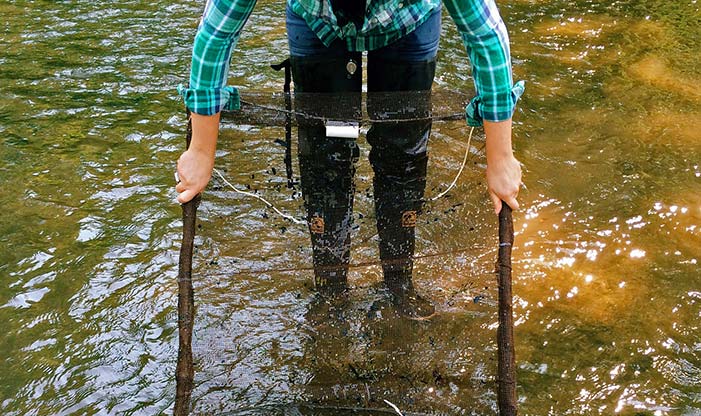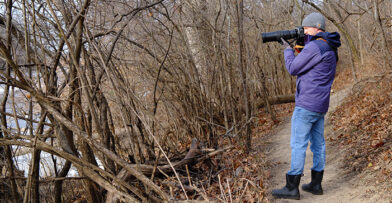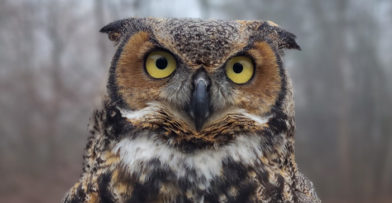This fall, starting Tuesday, August 21, Schlitz Audubon will host our second volunteer training course for the Wisconsin Master Naturalist Program (WIMN). The statewide program, sponsored by the University of Wisconsin Extension and the Natural Resources Foundation of Wisconsin, offers training to people interested in becoming volunteer naturalists in their communities. Center naturalists, who are WIMN certified instructors, and guest presenters showcase the features of Schlitz Audubon and our surrounding region.
Ecology, Wildlife, Waterways, and More
The course covers topics such as ecology, wildlife, water resources, and human influences, which provides an in-depth background of Wisconsin’s past, present and future. Course participants learn about Wisconsin’s natural resources through classroom instruction, field training at the Center, and field trips to local natural areas. In addition to Center staff, guest speakers from state environmental agencies give presentations and guided hikes, which illustrate conservation efforts throughout the state.
Adults of various ages and backgrounds attend the Master Naturalist course. While participants gain knowledge about the natural history of Wisconsin, they also become connected to a vast network of resources available to assist them in their volunteer service.
Unique Experiences at Schlitz Audubon and Regional Natural Areas
Our location on the Lake Michigan shore, along with the Center’s many diverse habitats, provides unique hands-on experiences. Classmates work both together and independently, connecting direct observations to the ecological processes taught throughout the course. Attendees visit Lake Michigan to learn about the geological history of Wisconsin, search for macroinvertebrates and amphibians in our ponds, explore the flowers of the prairie, learn about birds in our Raptor Program, and have many other experiences on the property.
Off-site explorations lead the class to explore natural areas in the region, including a fish sampling survey in the Milwaukee River with Wisconsin DNR staff. Throughout the course, instructors demonstrate skills used for observing and identifying plants and wildlife, such as how to identify trees and wildflowers using a dichotomous key and strategies for birdwatching with binoculars.
Wisconsin Master Naturalist Engagement in the Community
The knowledge and experience gained throughout the course trains individuals about how to best serve their communities in the areas of environmental education, citizen science, and land stewardship. Previous attendees have gone on to participate in amazing work in the community and at local schools. Two volunteers have developed presentations about pollinators and are giving talks at libraries and community centers. Another volunteer developed a bat conservation program at her daughter’s school. Many of the participants have become volunteer Nature Ambassadors here at Schlitz Audubon, leading hikes and educating the public about reptiles, amphibians, birds, other topics. Several former class members are engaged in Citizen Science programs throughout the state.
Register to Participate
Our next session of the Wisconsin Master Naturalist Program begins August 21 and completes on September 27. This program is comprised of 10 Tuesday/Thursday evening sessions and 2 Saturday field trips. Registration takes place here on the Wisconsin Master Naturalist website. Visit their site for complete details.


